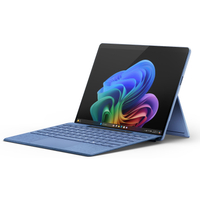I've got 18 laptops in my office, and I'm still tempted by the Surface Pro 11 with OLED and Snapdragon X
Surface hasn't attracted my attention in years, but the Pro 11 has me hovering over the "Buy" button.
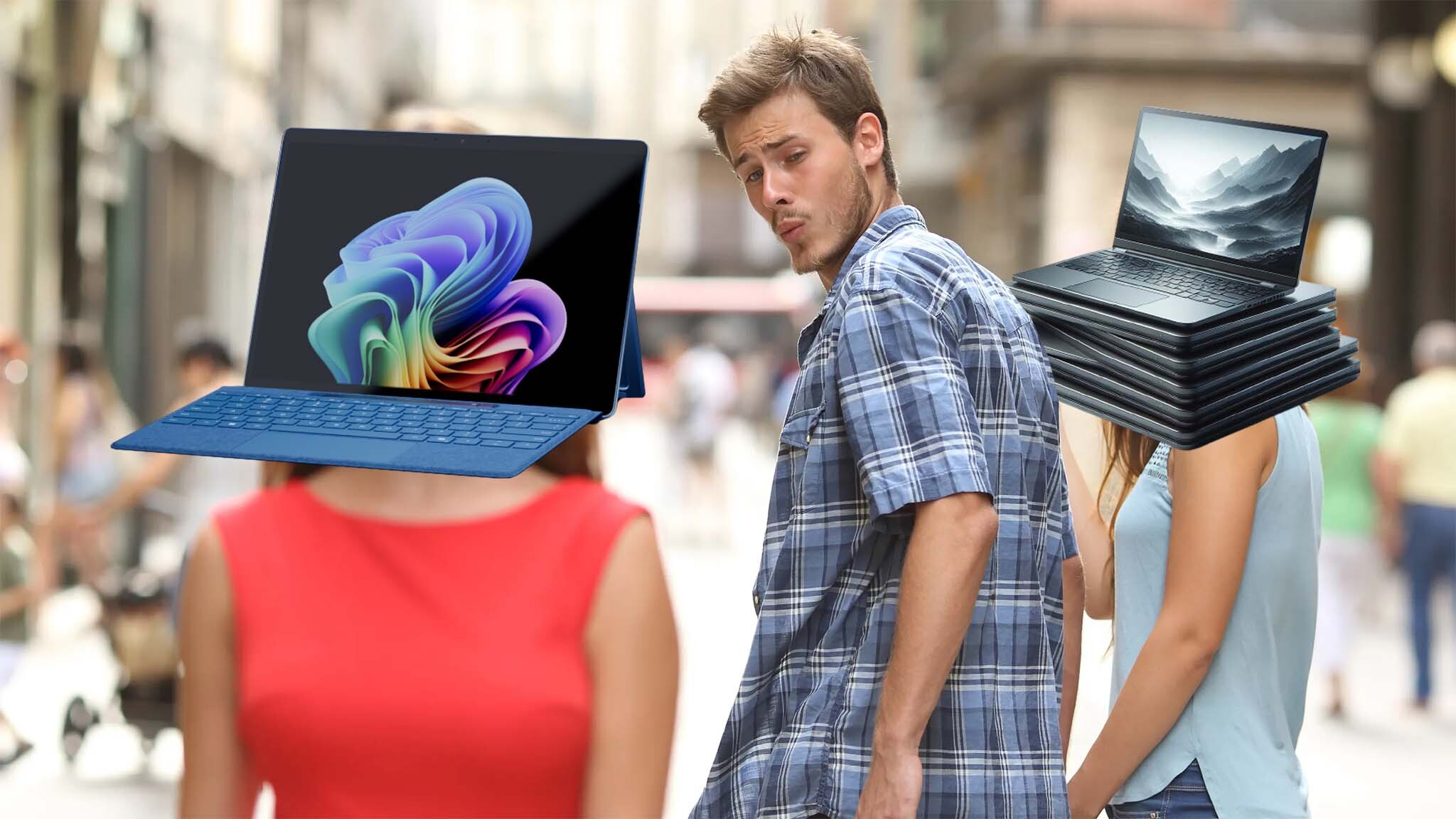
Microsoft hasn't convinced me to consider a Surface PC since the beginning of 2020, when I purchased the first-generation Surface Pro X and used it to establish my career as a journalist. I absolutely loved the design and form factor of the Surface Pro X, but I ultimately resigned it to its box because it simply didn't have enough power, and Microsoft at the time seemed content to let Windows on ARM languish in the background.
That all changed this week. Finally, Windows on ARM doesn't feel like an afterthought, and Surface PCs actually feel exciting again. During a dedicated Surface and AI event, Microsoft kicked off a new generation of Windows PC, one that puts ARM chips and AI at the forefront. The Surface Pro 11 is among the first wave of these new "Copilot+ Windows PCs," and it's everything I've wanted from a Surface Pro for years.
Now, I find myself configuring my own Surface Pro 11 and hovering over the "Add to cart" button, wondering if I can justify purchasing a premium laptop when I literally have 18 (yes, I counted) individual laptops in my office right now. The nature of my job means I always have laptops around to review and test, so why am I tempted?
The Pro X, and the fall of Surface
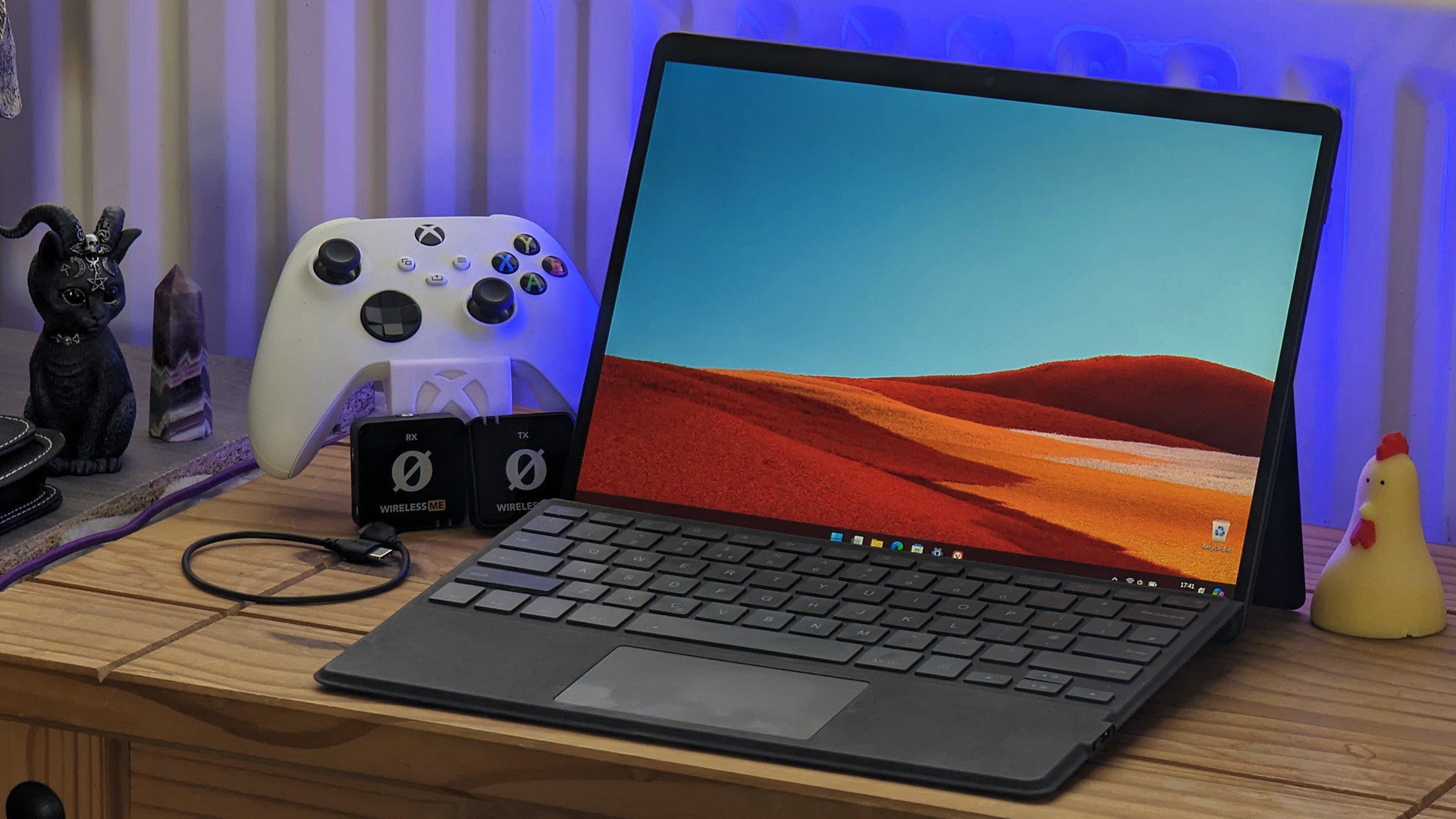
When the Surface Pro X was revealed in Oct. 2019, I was blown away by it. At the time, I was using a Surface Pro 4, a device that was rapidly showing its age thanks to its underpowered Intel Core m3 processor. The Pro X was exactly what I wanted from a new PC — a gorgeous and slick design, a larger and better display, cellular connectivity, an upgraded and stowable pen, and actually okay battery life.
It was Microsoft's first major attempt to make a Windows on ARM that was functionally identical to the Windows everyone wanted to use, and it was powered by a special version of the Qualcomm Snapdragon 8cx Gen1. Microsoft made a lot of promises about how the Surface Pro X could run almost any app or program through emulation while Microsoft worked to bring developers over to ARM, but that didn't really pan out.
What matters is that I bought a Surface Pro X the moment I could afford one, and that PC built the career I'm so proud to have today. I trusted that tablet with all of my work, and it delivered... Mostly. Unfortunately, Qualcomm's earlier ARM chipsets for Windows were woefully underpowered, even after several generations, and they failed to meaningfully shift developers away from traditional Intel and AMD x86 systems. It also felt like Microsoft let Windows on ARM languish, with Windows 10 having a myriad of compatibility issues that were never really fixed.
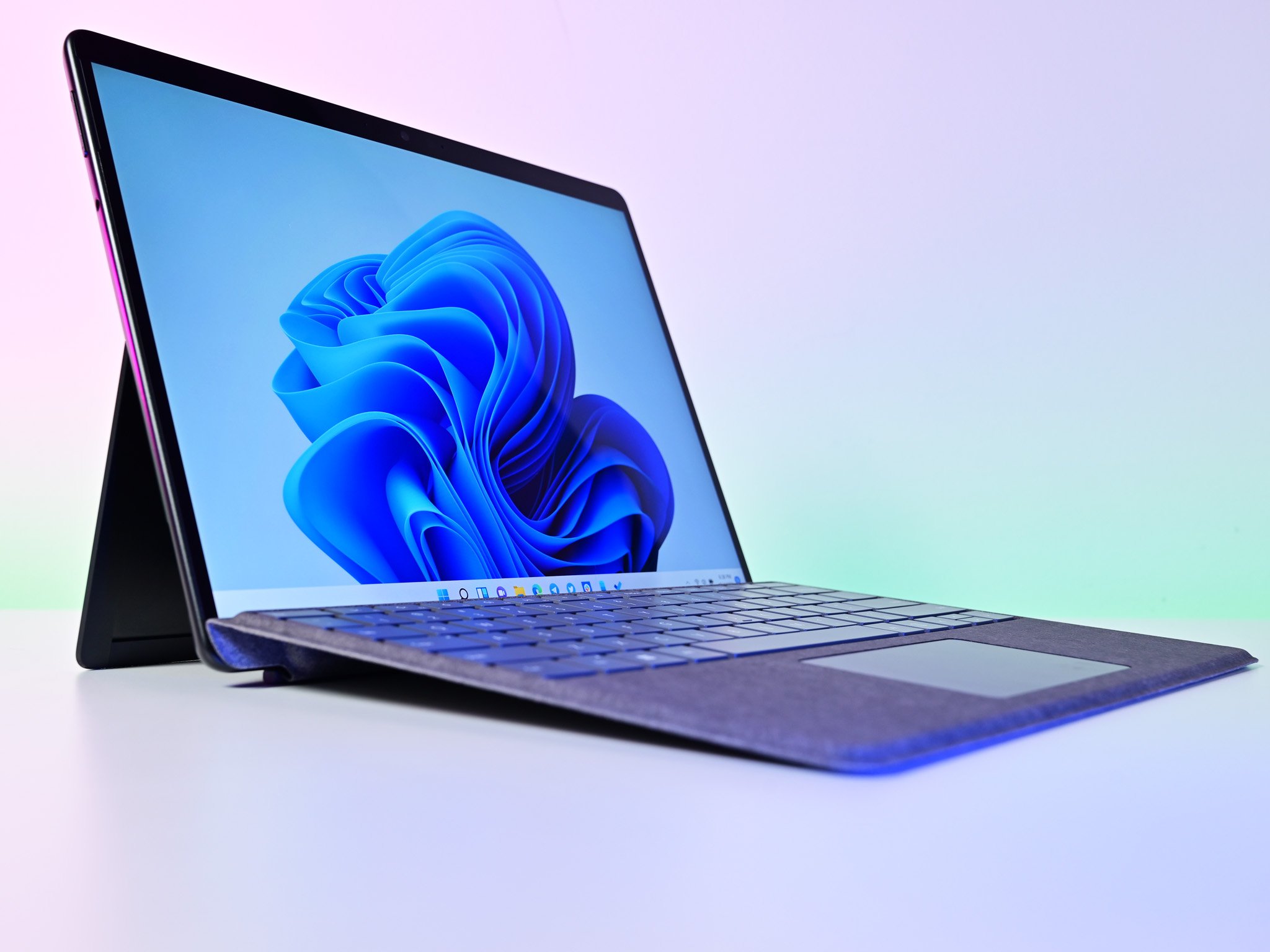
Eventually, I had no choice but to let my Surface Pro X go, and at that point I had zero interest in purchasing a new Surface. Microsoft's premium hardware division was once known for innovating in form factors and features, but the Surface Pro X felt like one of the company's last attempts at making anything unique. After the Surface Pro X line was killed in favor of the thicker, heavier, and shorter lasting Surface Pro, it seemed like Surface became nothing more than a never-ending series of iterative updates.
Get the Windows Central Newsletter
All the latest news, reviews, and guides for Windows and Xbox diehards.
Then, Qualcomm revealed its Snapdragon X series, a new generation of ARM chips designed for Windows devices that scarcely held any resemblance to the prior generation. The Snapdragon X Plus and Snapdragon X Elite were properly powerful, built from the ground up for large form factor devices with performance, efficiency, and advanced AI capabilities in mind. Suddenly, the energy surrounding Windows on ARM shifted in a big way.
Microsoft went from almost total silence on the platform to building brand-new flagship Surface devices to showcase the new chips. The manufacturers that had previously barely experimented with ARM devices like Dell, Lenovo, and HP came fully on board with an entire lineup of brand-new hardware. Microsoft even rebuilt Windows 11 with AI in mind, baking features into the operating system that can only work (for now) on these Qualcomm chips. Suddenly, Windows on ARM was everything.
And, finally, the Surface Pro got the last few upgrades I've long wished for.
The privilege of having too many choices
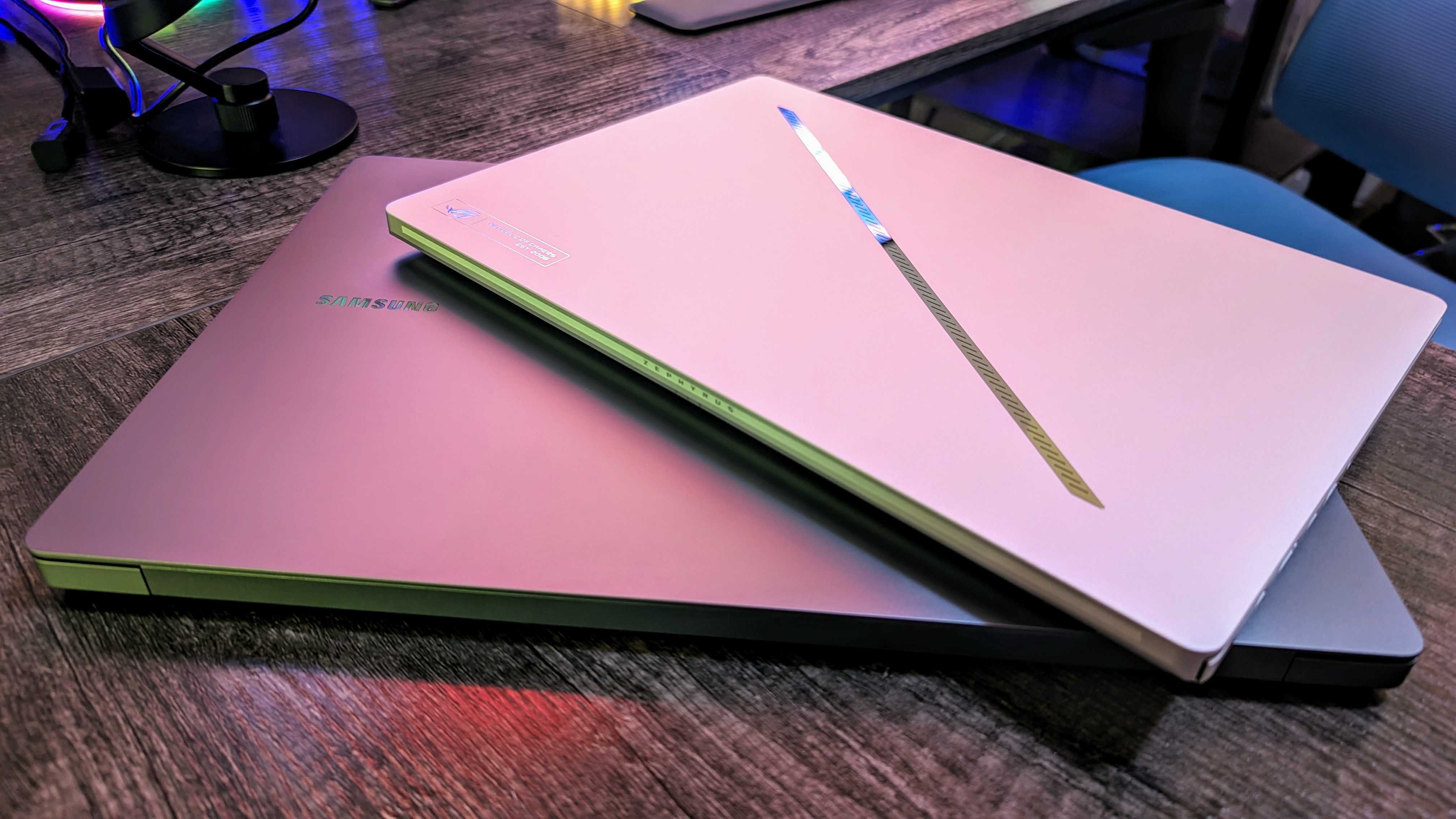
When I finally retired my Surface Pro X, it was because I began doing hardware reviews for Windows Central. From that point on, I had a constant line of new laptops show up at my door, a rotating catalog of devices I could review and test while also working. Some manufacturers also don't immediately ask for the laptops back after a review, so I can continue testing and comparing that laptop to competitors for a while.
Right now, I have 18 separate laptops in my office, and almost all of them are capable enough for me to do my job (except for PC gaming, a lot of the time). It is 100% one of the privileges of my job that I have so many choices, and it also means that I didn't have need to buy a new laptop in addition to the Surface lineup becoming predictable and boring. However, when the Surface Pro 11 was exclusively leaked by Windows Central, my feelings began to shift.
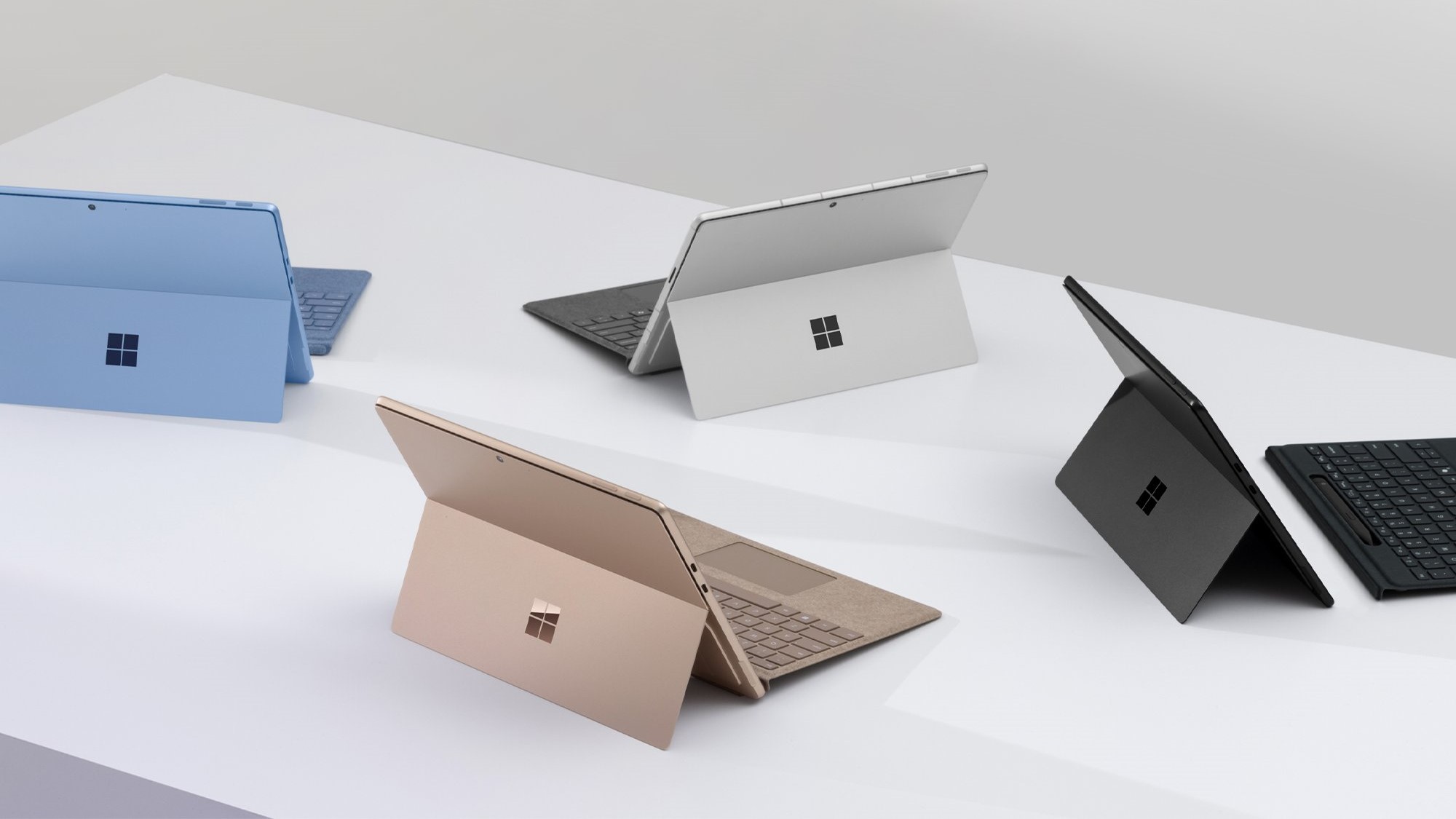
A flagship Surface tablet with a powerful, efficient, and modern ARM chip? A vibrant and responsive OLED display? The possibility of a haptic touchpad (that part wasn't confirmed in our exclusive, but it's real)? These were the last few upgrades that I believed would perfect the Surface Pro form factor, and they were arriving alongside a massive wave of support behind Windows on ARM and Windows 11 AI features like Copilot.
Then the Surface Pro 11 was unveiled, and it was even better than I had hoped. The display looks magnificent, the Snapdragon X series chips continue to impress in every test and demo, the gorgeous sapphire blue colorway is returning, and even the Type Cover got a major upgrade through the wireless, haptic Surface Pro Flex Keyboard. 5G connectivity is also coming down the line, and the pricing for the new Surface Pro is honestly lower than I expected.
All of the Windows PCs in my office suddenly feel boring.
Considering a Surface as my primary PC again
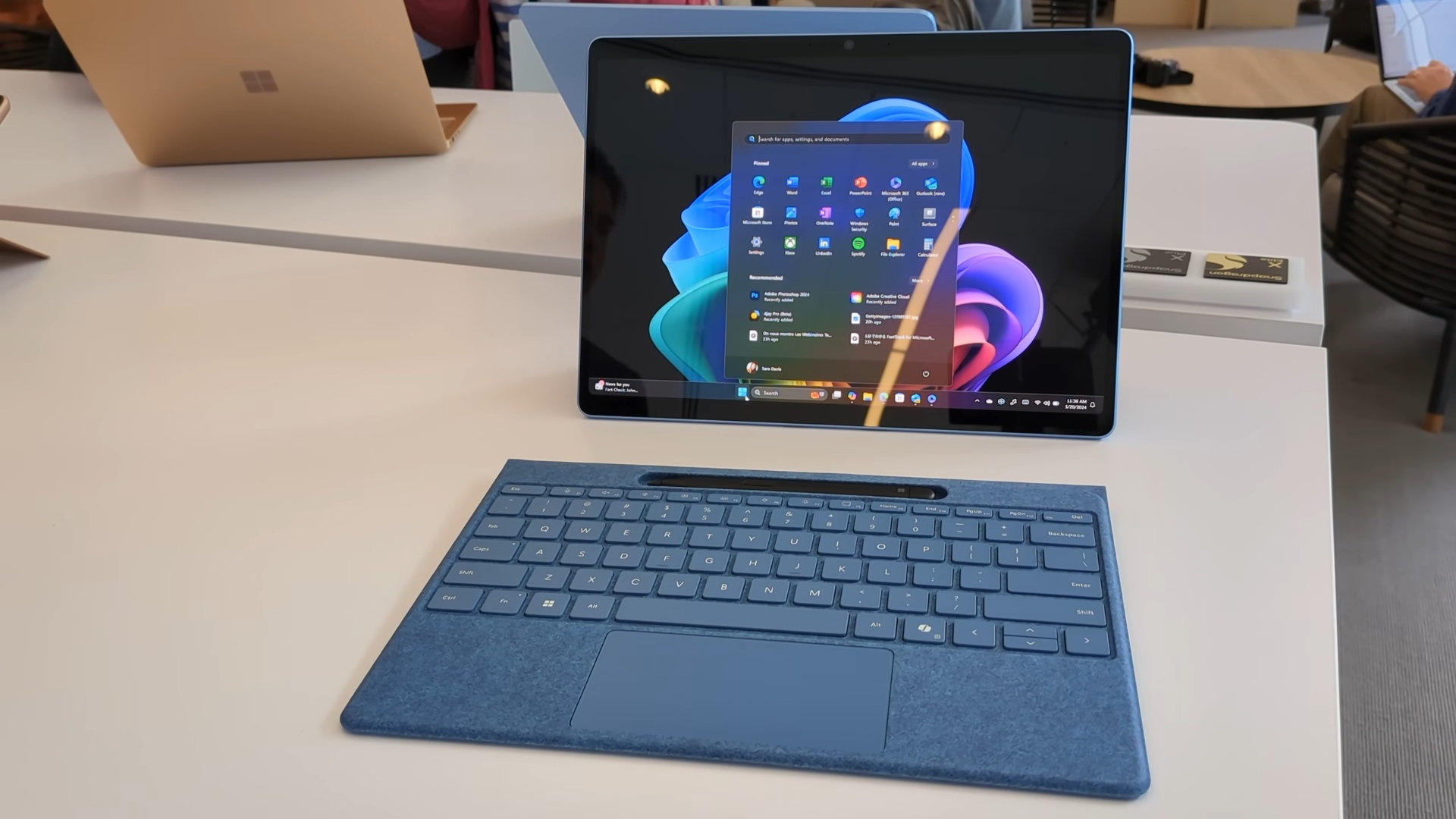
The Surface Pro X was nearly perfect, and even years later, it can still serve as an effective showcase of the potential of Windows on ARM. Unfortunately, both Qualcomm and Microsoft failed to continue that momentum, and I began to lose hope we'd ever see significant progression in the space. I am glad to be proven wrong, because a few years later, and it's obvious Microsoft and Qualcomm weren't giving up — they were working diligently behind the scenes to make Windows on ARM not just viable, but actively better than the Windows PCs you can buy right now.
Now, despite having so many laptops in my office, I'm considering the Surface Pro 11. It doesn't help that Best Buy is making the Surface Pro 11 extra tempting with an exclusive promotion. Only two things have made me hesitate: the fact that 32GB of RAM is exclusive to the platinum colorway (I desperately need that blue), and that 5G options aren't coming until later this year. If those obstacles were removed, I don't think I'd be able to resist pulling the trigger and shooting my wallet where it hurts.
When reviews for the Surface Pro 11 drop, the findings in them may sway me one way or the other. Right now, I'm barely managing to hold off because I'm cursed with the ability to spend money I don't have (credit cards are a bane), and I keep reminding myself that I genuinely don't need a new laptop. Of course, you don't have to wait. You can preorder the Surface Pro 11 now from $999.99 at Best Buy.
Surface Pro 11 — From $999.99 at Best Buy
The Surface Pro 11 seems to perfect the form factor with new powerful and efficient ARM chips, an upgraded AI-powered Windows 11, and a gorgeous OLED display. It's hard to resist pulling the trigger when I genuinely don't need a new laptop.
Also see: Surface Pro Flex Keyboard for $349.99 at Best Buy

Zachary Boddy (They / Them) is a Staff Writer for Windows Central, primarily focused on covering the latest news in tech and gaming, the best Xbox and PC games, and the most interesting Windows and Xbox hardware. They have been gaming and writing for most of their life starting with the original Xbox, and started out as a freelancer for Windows Central and its sister sites in 2019. Now a full-fledged Staff Writer, Zachary has expanded from only writing about all things Minecraft to covering practically everything on which Windows Central is an expert, especially when it comes to Microsoft. You can find Zachary on Twitter @BoddyZachary.
